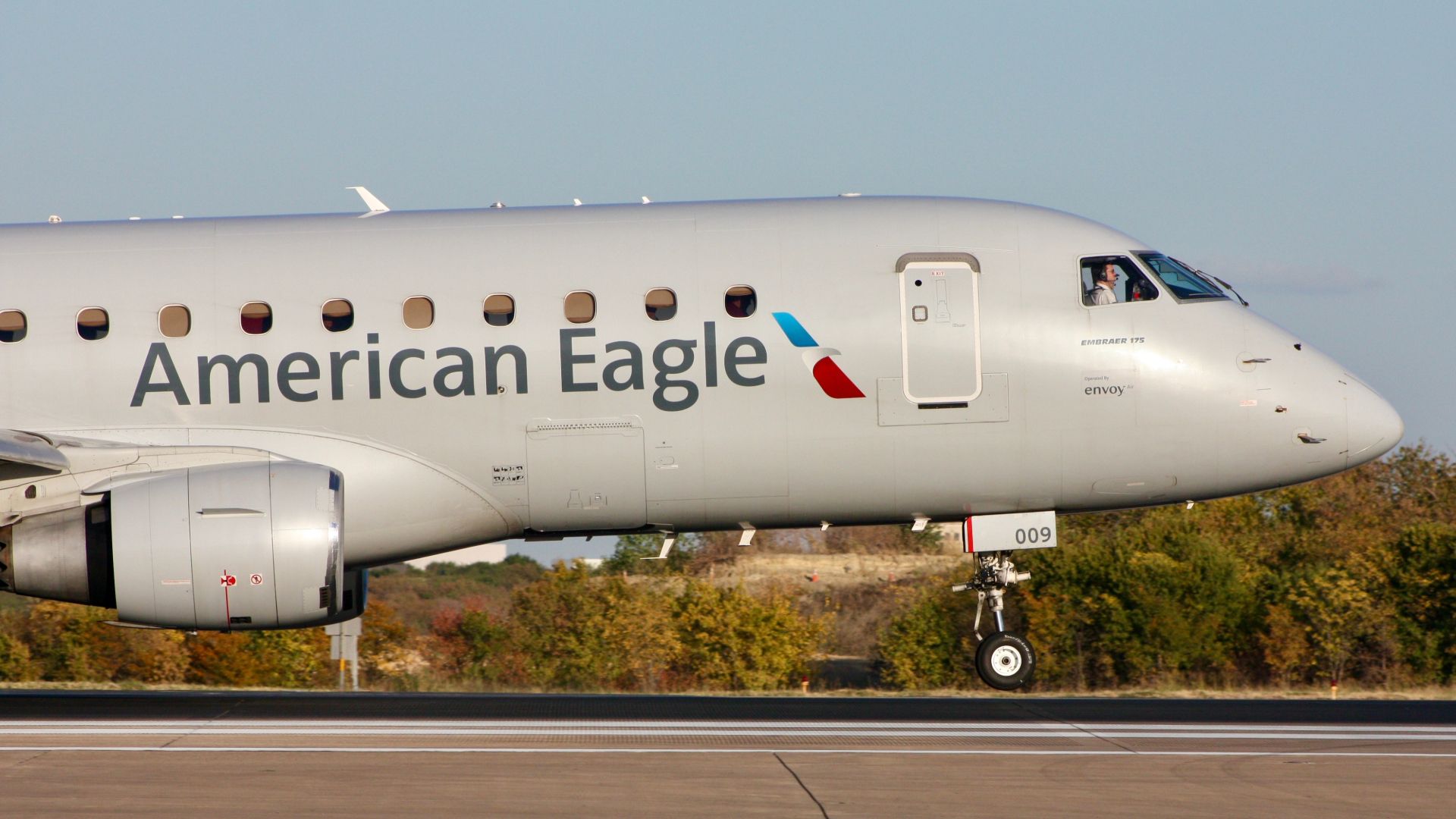The fall football season is in full swing across the United States, as both the National Football League (NFL) and college football kick off their 2025 seasons. With the excitement of games drawing in fans from various regions, major airlines are ramping up their services to accommodate the surge in travel demand. Airlines have scheduled additional flights for key weekends to ensure that fans can easily attend games.
Southwest Airlines, American Airlines, and Delta Air Lines are among the carriers expanding their flight options, responding to the increased interest in football travel. These airlines have identified peak travel weekends and are offering more direct routes to popular game locations. For example, as the NFL season progresses, cities like Las Vegas, New Orleans, and Dallas are expected to see significant increases in passenger volume.
In a strategic move, Southwest Airlines announced that it would add approximately 20% more flights to its schedule in September 2025, focusing on routes connected to NFL games. The airline aims to enhance connectivity to stadiums where high-profile games are set to take place. This not only serves to meet the needs of fans but also capitalizes on the lucrative market of sporting events.
Delta Air Lines is also making a robust effort to attract football fans. The airline has expanded its service to include more flights on Fridays and Sundays, which are typically the busiest days for travel during the football season. According to company representatives, this adjustment aims to provide fans with more flexibility in their travel plans, allowing for a seamless experience when attending games.
American Airlines has reported similar enhancements, highlighting its commitment to meeting fan demand. The airline has introduced additional routes connecting major cities with key football venues. This expansion is particularly significant for college football, where rivalries often attract large crowds, driving up travel needs. The airline’s executives noted that they expect a notable increase in bookings as the season progresses, especially for matchups that are highly anticipated.
The strategy to increase flight capacity is not only beneficial for airlines but also creates a ripple effect in local economies. Cities hosting NFL and college football games benefit from the influx of visitors who contribute to hotel bookings, restaurant sales, and local attractions. According to a report from the American Hotel and Lodging Association, the economic impact of sporting events can be substantial, with millions of dollars generated for host cities.
As the football season continues, airlines will be closely monitoring travel patterns and fan engagement. This proactive approach is essential for adapting to the dynamic landscape of sports travel. The combination of heightened demand and strategic airline responses underscores the significance of football in American culture and its influence on the travel industry.
With fans eager to support their teams, the collaboration between airlines and sports organizations promises to enhance the overall experience for attendees. As the season unfolds, it will be interesting to see how airlines further adapt their strategies to meet the needs of football enthusiasts across the nation.








































































